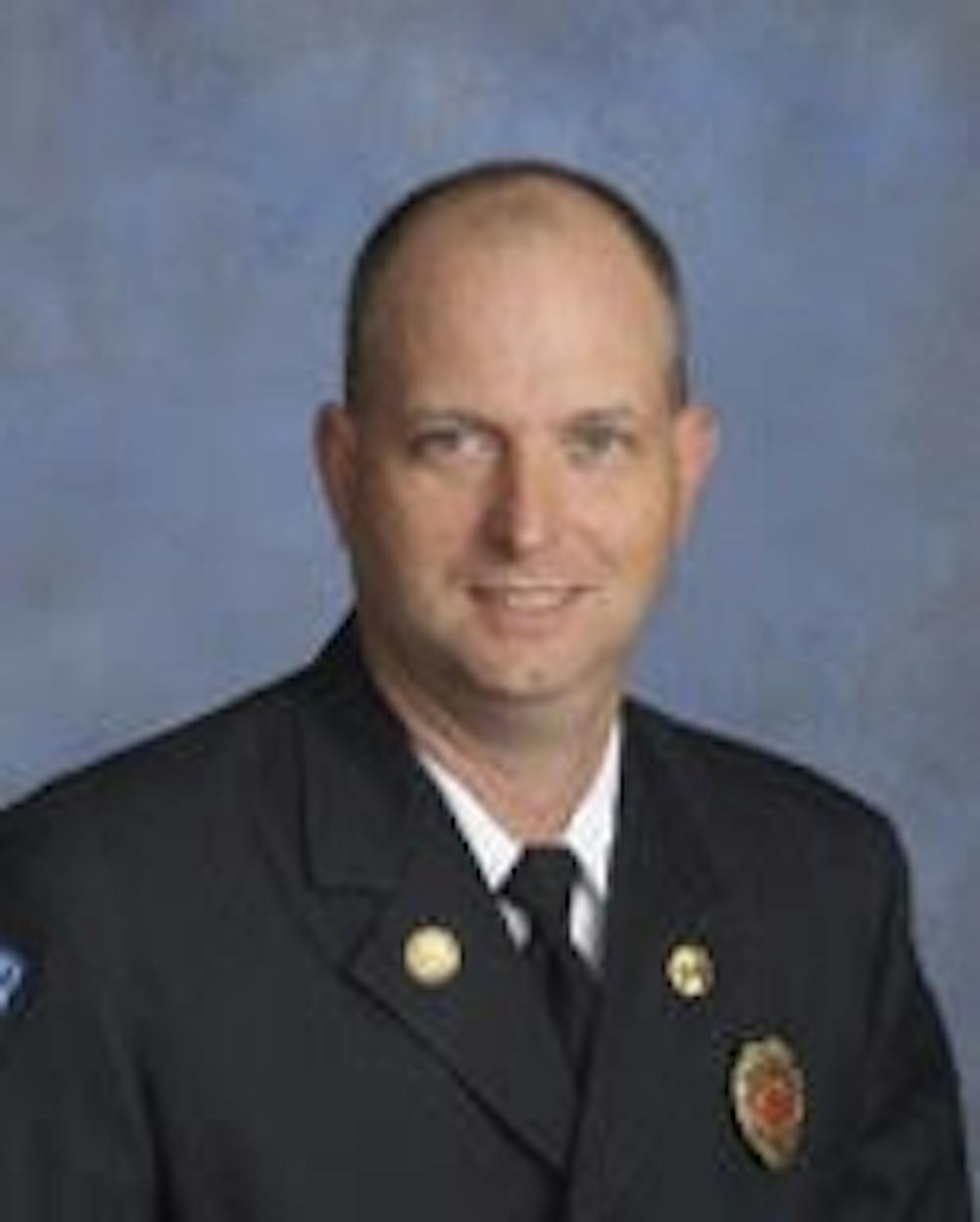Staying safe is a priority for students, but one thing that sometimes gets forgotten is the risk of fire. Staff writer Sara Kiley Watson asked Tommy Gregory, the interim fire marshal for Chapel Hill, about how to keep off-campus houses and apartments safe.
The Daily Tar Heel: How can students be fire safe in their homes and apartments?
Tommy Gregory: They should limit the amount of combustibles they have and use candles and things such as that in a very responsible manner.
DTH: What are some major fire risks that people have in their homes?
TG: A lot of times it will be overloading circuits and things like that. In other words, especially in older homes, there are limited outlets and people tend to overload the circuits, as well as unattended cooking, which is a big problem. Those two are the biggest two. The cooking is actually 50 percent of the causes of fires.
DTH: How many fire calls do you usually get in Chapel Hill from students or young residents?
TG: I don’t know, I think we ran about 4,200 calls last year, but I wouldn’t have a breakdown of how many of those were student housing versus any other call we receive.
DTH: What advice do you have for students living off-campus when it comes to keeping their homes fire safe?
TG: As far as personal safety, make sure they have working smoke detectors. There should be one in each bedroom, and then one outside each bedroom. If there are multiple levels, like multiple floors, there should be one on each floor. Make sure those are in good repair. Also if they are more than 10 years old they should be replaced — that’s the manufacturers recommendation — that they be replaced every 10 years. If they have any gas-burning appliance, or a fireplace or anything like that, they should also have a carbon monoxide detector. Another good thing to have is a working fire extinguisher and know how to use that fire extinguisher. If they don’t know, they can reach out to us, and we will be able to teach them how to use it. Campus provides, a lot of times, an opportunity to use fire extinguishers and things like that.



